At “Green Canning” Foundation, we believe that knowledge-sharing is key to fostering a more sustainable future. Our Resources page provides access to valuable external tools, guides, research, and organizations that can help you deepen your understanding of sustainable living, food preservation, and environmental impact.
Resources

Sustainable Lifestyle
Ever wondered how your daily choices impact the world around you? As environmental challenges grow more pressing, the concept of a sustainable lifestyle has evolved from a niche interest to a global necessity. But what exactly does living sustainably mean, and how can we incorporate it into our everyday lives? A sustainable lifestyle encompasses conscious choices about consumption, waste, energy, and transportation that minimize environmental impact while maintaining or improving quality of life.
Nutrition and Cost Comparisons of Select Canned, Frozen, and Fresh Fruits and Vegetables
This study examines the cost-effectiveness and nutritional value of fresh, frozen, and canned fruits and vegetables. It analyzed some vegetables and fruits and compared nutrient content across different packaging options (fresh, frozen, and canned) relative to their costs. Based on recommended intake, nutrient scores were similar for vegetables across all packaging types, with canned vegetables being the most cost-effective. For fruits, nutrient scores varied, but canned fruits were either lower in cost or similarly priced compared to fresh and frozen options.
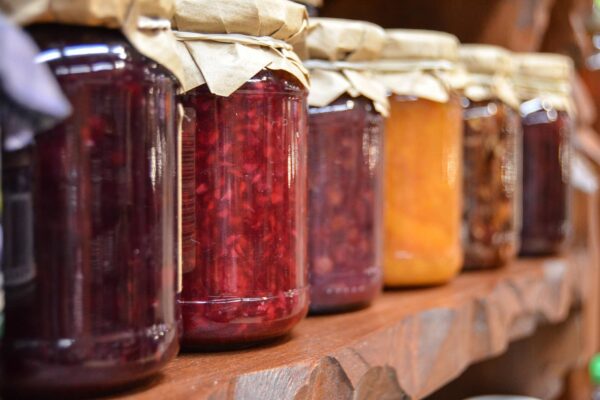
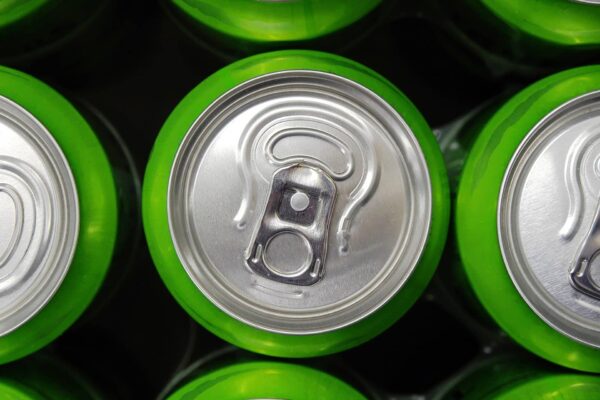
The History of the Can
The history of the can begins with a military problem. In the late 18th century, Napoleon Bonaparte faced a significant challenge: how to feed his armies as they marched across Europe. Food spoilage was causing more casualties than combat, and the French government recognized this crisis demanded innovation. In 1795, the French Directory offered a prize of 12,000 francs to anyone who could develop a reliable food preservation method. This incentive would spark a revolution in how humans store and transport food-one that continues to evolve more than two centuries later. Nicholas Appert, a Parisian confectioner and brewer, took up this challenge. After 14 years of experimentation, he demonstrated that food sealed in airtight glass containers and then heated would remain preserved.
A Greener Tomorrow with Green Canning Foundation
At the heart of the Green Canning Foundation lies a powerful vision: to safeguard our planet and cultivate a future where sustainability is woven into everyday life. The NGO’s mission is clear-to protect the environment and promote sustainable living by minimizing waste and encouraging material reuse. Through sharing practical knowledge and implementing hands-on solutions, the Foundation empowers communities, fosters economic growth, enhances food preservation, improves health, and works toward a more sustainable future for all. Their projects-like the Zero-Waste Home Initiative, Green Skills Academy, and Sustainable Living: Home Canning-show that sustainability isn’t just theory, but tangible action rooted in community engagement and real-life practice.

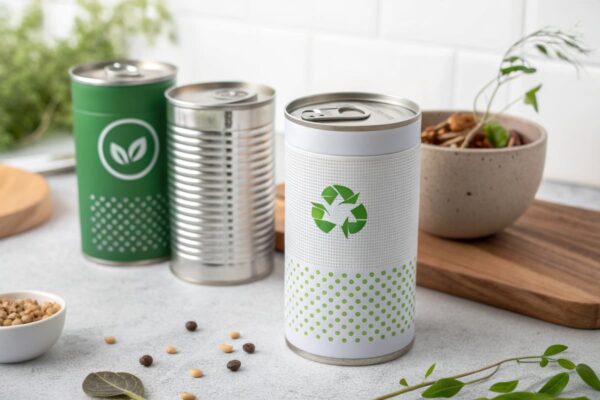
The Power of the Tin: Reimagining Canning for a Sustainable Future
In every household kitchen and artisanal workshop around the world, the humble can quietly embodies a powerful story-one of preservation, convenience, and environmental responsibility. Beyond simply holding food or beverages, a can represents a centuries-old tradition of safeguarding the harvest, extending shelf life, and ensuring nourishment reaches those who need it most. It is a vessel of ingenuity, allowing families to store seasonal fruits and vegetables, craft brews, or homemade sauces, all while reducing waste and making resources go further. At the Green Canning Foundation, we see cans and canning as far more than practical containers; they are catalysts for sustainable living, community resilience, and conscious consumption.
Aluminum vs. Plastic: The Future of Sustainable Packaging
Take a walk down any grocery aisle. You’ll see a sea of plastic: bottles, tubs, jugs, and shrink-wrapped containers. It’s a landscape of convenience, but it hides a silent crisis. For decades, we’ve been told a story about plastic-that it’s a disposable wonder, easily recycled and managed. That story is a myth. The reality is that our planet is choking on plastic. From the deepest oceans to the highest mountains, single-use plastic has become a permanent pollutant. It’s time to face the truth and embrace a solution that’s been hiding in plain sight: aluminum packaging.
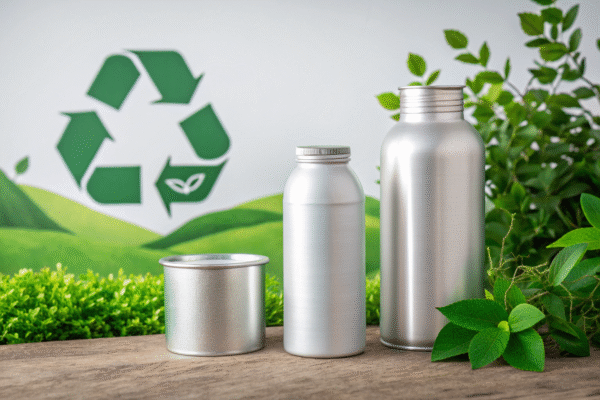

Sustainable Packaging: Why Aluminum Outperforms Plastic for Our Planet
Walk down any grocery aisle and you’ll face an ocean of plastic packaging. Bottles, wrappers, containers – a sea of synthetic materials that will outlive us all. But what if there was a better way? What if the choices we make today could dramatically impact our planet’s future? The environmental impact of packaging extends far beyond the moment we discard it. With over 380 million tons of plastic produced annually – and less than 10% actually recycled – we’re facing a crisis that demands immediate action.
Sustainable Packaging Solutions: Why Metal Cans Lead the Green Revolution
In today’s environmentally conscious world, packaging choices have significant implications for our planet’s health. As consumers and businesses seek greener alternatives, understanding the environmental impact of different packaging materials becomes essential. This article explores various packaging options, with a focus on why metal cans represent one of the most sustainable solutions available today.

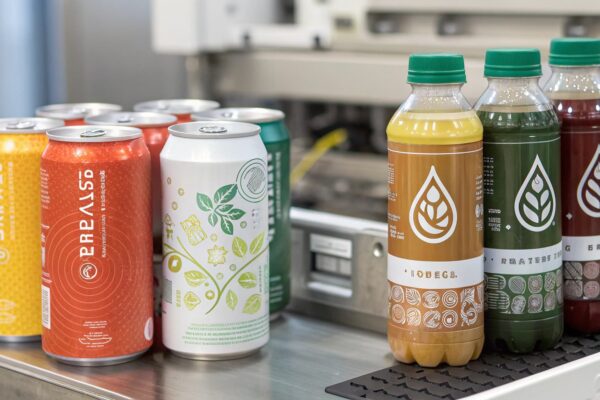
Beverage Packaging: Metal vs Plastic for Small Producers in 2025
The beverage container market is experiencing remarkable growth, projected to expand from $240 billion in 2025 to over $308 billion by 2030. Within this expanding market, a clear trend is emerging: metallic packaging is gaining significant market share, particularly among craft beverage producers.
